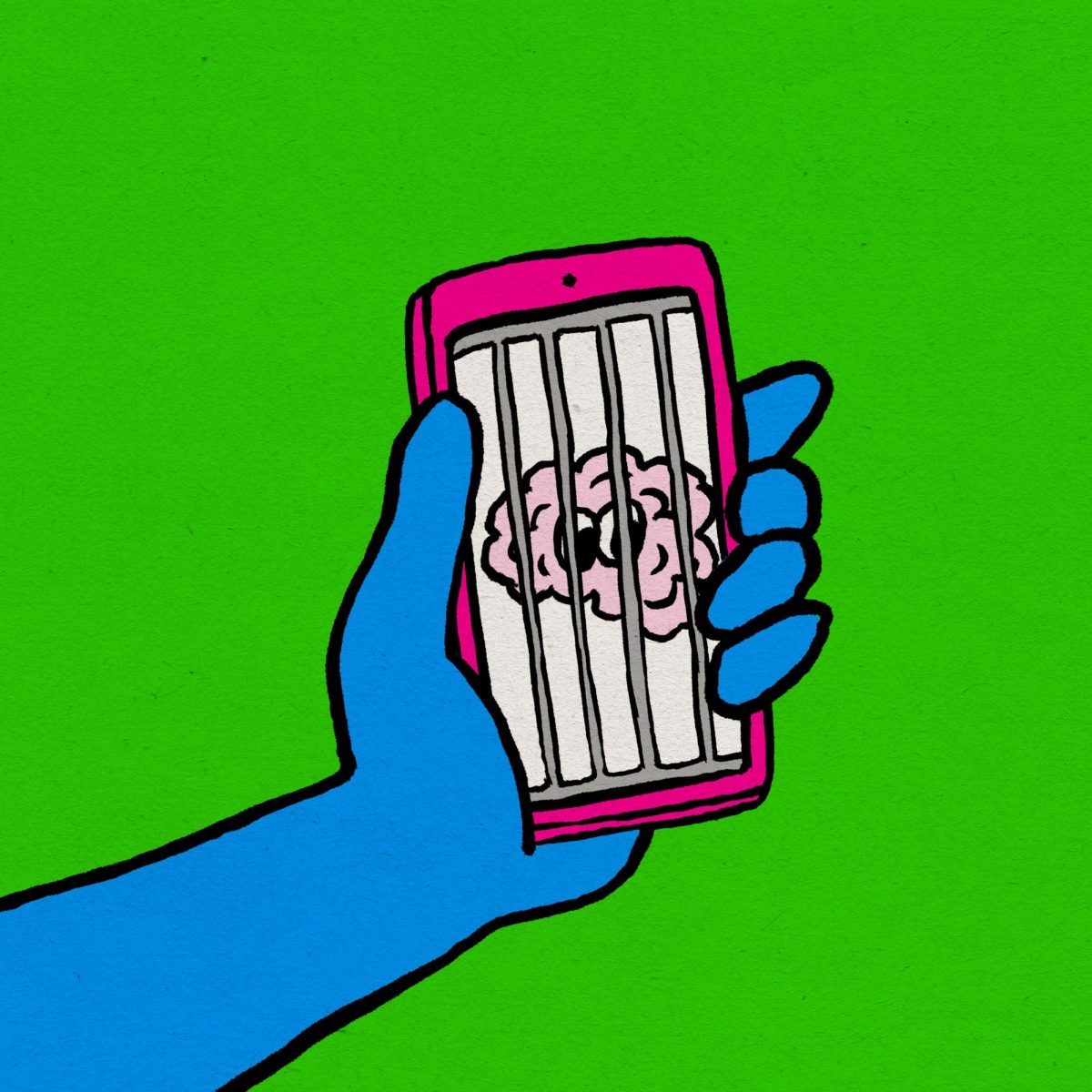In 1932, economist Clark Warburton published an article through The American Academy of Political and Social Science analyzing the economic impacts of the American Prohibition Era. Contrary to popular belief, he argued that the nationwide ban on the sale of alcohol had limited economic practicality — people would continue businesses as usual so long as they could access alcohol on their own. In other words, the economic effects were generally overestimated insofar as the efficacy of the Prohibition was also overestimated.
In the most rudimentary sense, this logic is just as applicable to the social economics of Hamilton, N.Y.’s Old Stone Jug.
Most sophomores and upperclassmen of Colgate University understand the importance of “the Jug” within the Hamiltonian social scene. For years, it has provided students with an accessible and reliable outlet as the primary social space in town. But current first-years largely only understand the Jug via stories, rumors and word of mouth. Since the beginning of the new academic year, the Jug has remained closed. Beyond speculation, there have been no concrete answers as to why.
While the reasons for the closure are presently unknowable, the social impacts of this change are not. The elimination of Hamilton’s 18+ dance club is sure to have a major effect on the party scene. One may be inclined to believe that the practical effects are obvious — a decrease in social options necessitates a decrease in the social life itself. Partying and late-night excursions would presumably decrease. But, as Warburton explained, we must remind ourselves that a limit on an economic want is only strong if the people cannot access it on their own.
To understand the Jug as an economic actor, one must frame it vis-à-vis the social paradigm of Colgate. This is to say Colgate students create a particular type of demand for outlets such as the Jug. It is no secret that the University’s social life can be, at times, restrictive. Greek Life Organizations (GLOs) remain a dominant force in this sense and are, by definition, exclusive. Colgate’s Panhellenic Council estimates that there are roughly 600 students involved in sororities alone this year, which amounts to nearly 20 percent of the entire student body. With limited exceptions, the remaining students face difficulties accessing this side of campus life. In these ways, the impermeability of Greek life acts as an amplifier to a Jug-prompted shortage of social options on campus.
So, what happens when there is a surplus of restrictions on campus social life? It is a decentralization of campus social outlets. As opposed to a centralized location — the Jug — for after-hours activities, students now gather late at night in smaller pockets across campus. These include residence hall study areas, the outer vicinity of the 113 Broad Street Complex and other localized hotspots likely unbeknownst to the general student body.
This trend of decentralization has serious implications as late-night social activities now occur with no regulation. Property damage correlated to these mini-gatherings is more likely to occur. Curtis Hall residents are familiar with the consistent damage charges that result from uncontrolled activity late at night.
The residence hall at 113 Broad Street is a particularly interesting case study. Any residents of 113 or the surrounding area have likely noticed the loud and wild gatherings taking place there on weekends. One can find boomboxes at maximum volume playing club-style music and swaths of first-years dancing fanatically. Perhaps the most conspicuous detail is the number of students openly carrying the infamous red college party cups. This is categorically bolder and more risky than previous decentralized attempts at party life, endemic to the strong desire by first-years to reclaim it. It is as if the Jug was never closed, but simply relocated.
My argument is that the Jug was necessary in controlling this type of chaos. The Jug, if nothing else, was a united hub for nightly activity. It ensured consistency, routine and — as a consequence — some degree of order. At the very least, after-hours activities were concentrated on a particular schedule and location. This, I believe, has two important implications for safety.
Firstly, by virtue of routine, it enables students to adapt to consistent expectations: individuals know exactly how wild the party scene will get, they know where their friends are if they get lost and will not find themselves in a new environment. It is common knowledge that new environments are most dangerous for students who are not in the right state of mind. The decentralization of social life likely proliferates this danger.
Secondly, there was some level of tacit authority implicit in the Jug. There are adults who, by owning a social space, have some degree of liability for the safety of customers. Furthermore, Campus Safety officers know exactly where students will gravitate at night, adding an extra safety net in the case of a medical emergency.
There were inherent problems with the Old Stone Jug as a function of student social life. This is no secret; there will always be a degree of uncertainty in the context of these settings. But, if the student population is a polity, the Jug was Hobbes’ “Leviathan” — a de facto system of regulation that became central in an environment of limited alternatives. Without it, we observe an unregulated, “anarchic” state of decentralized social uncertainty.

















Robbie Mitchell • Oct 3, 2023 at 4:02 pm
Brilliant analysis. Long live the Old Stone Jug!